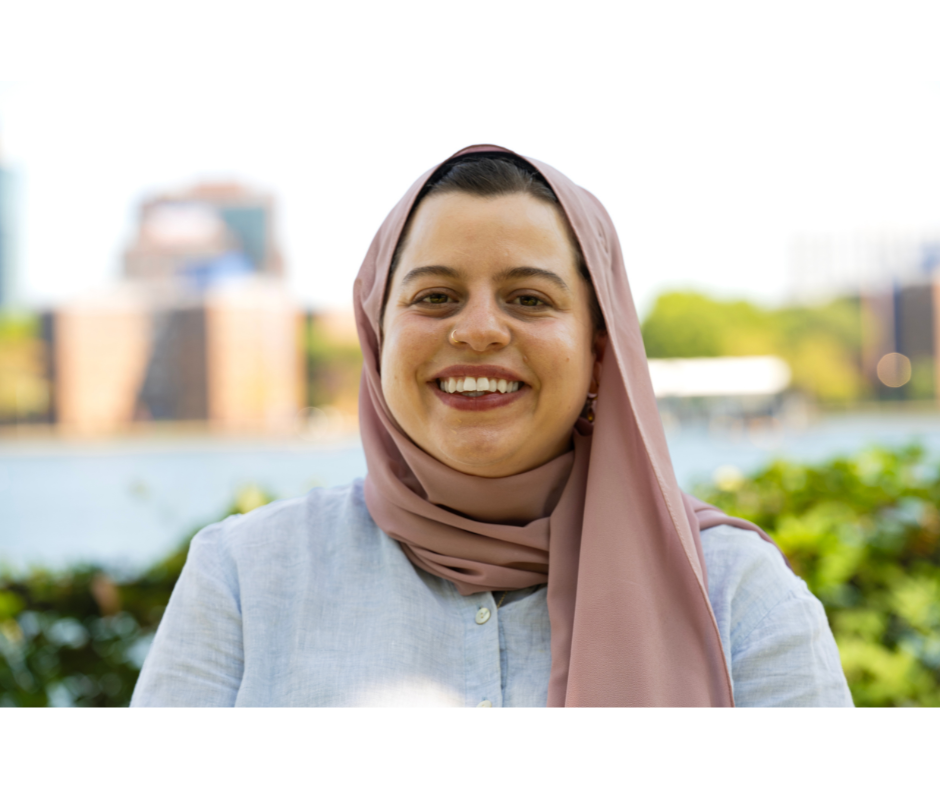
Reclaim Spiritually
By: Ayah Issa
So, you’ve recognized you’ve gone through spiritual abuse, did what you could to stop it, did what you could to alter your Spirituality, but Spirituality has become triggering. Every time you hear a sheikh screaming in the microphone about hell, you feel it. Every time you want to pray, you sit wondering if your prayer was enough. Every time you read the Quran, you remember the spiritual abuse you endured. Every time you do something for God, you wonder if you are doing it because of the spiritual abuse or for your sake. And so, being close to God through practice gets harder, and you may start avoiding it. But then you’re left with the shame of the spiritual abuse and are unsure of what to do. What do you do when the thing you desire is surrounded by the thorns of abuse?
Leave it. The thorns of abuse are not simply around the thing you desire; they are in it. The spiritual abuse will be found in every corner of your ideal relationship with God – because your ideal relationship with God was informed by the abuser. Think of untangling a colossal spool of yarn – it is nearly impossible. It is time to start fresh. Start with understanding what it is you believe in.
The verses of the Quran are filled with ones that encourage thinking, questioning, and wondering.
Do you believe in God? Do you believe that you were created, that when you die, you will go back to God? Why or why not? What is the purpose of religion or spirituality for you? These are big questions, and they can be scary. They are even scarier when we are taught by our abusers that we are not allowed to think. But the Quran even illustrates to us the journeys of several prophets as they struggled with belief. Whether it was with Prophet Abraham wondering if God was the moon or the sun and rejecting both as they weren’t ever-present (The Cattle 6:76). Or if it was Prophet Musa’s struggles even though he had spoken to God (Ta-Ha 20:45). The prophets had their own journeys in wondering about God before they were fully in their prophethood.
The verses of the Quran are filled with ones that encourage thinking, questioning, and wondering. And it disagrees with worshippers who worship because it was their father’s religion without asking or wondering (The Cow 2:170). Just because we are Muslim doesn’t mean we can’t also fall into the group of people who follow a religion simply because we were born into it – we must understand why we worship God.
Asking questions is not an issue – it’s necessary. We are taught to ask questions. We need to ask questions. We need to be okay with asking questions. We need to know why we are doing what we are doing to live full and conscious lives.
Now you’ve made the choice and decided what you believe in. How are you going to practice? Look at the basic tenets of all the religions. Which one do you choose? They are all very similar but have very important differences that are often informed by history and past rulers. Choose the one that you feel makes the most sense to you.
We need to be okay with asking questions. We need to know why we are doing what we are doing to live full and conscious lives.
Now – choose several religious leaders. Be diverse in your choosing. If you are choosing to continue being Muslim, choose religious leaders who offer Islamic teachings backed by the Sunnah that connect with your life circumstances. Remember – religious leaders are human and make mistakes too. They are also taught in very particular ways that affect the way they preach. For example, a preacher who has children and was raised in a family environment will preach differently than one who wasn’t. A male imam who is always only surrounded by men won’t be able to truly understand how to support women, as he would never be informed of their struggles. A preacher in Saudi Arabia will preach differently than one in the U.S. Choose the preacher that could best understand your struggles and will support you best in your Spirituality.
Your relationship with your Spirituality, with God, must be ordained by you. Religion/spirituality takes large parts of who we are, so how do we grow up using something to inform every part of us without understanding it? Without understanding its connection to us? Why did we choose it? Be intentional as you learn and reclaim your Spirituality. Spirituality is for you; make sure it feels good and is good.
About the Author

Ayah Issa is a therapist who works with trauma, spirituality issues, identity issues, depression, anxiety, and relationship conflict. She approaches her work with her clients from a person-centered perspective, which means she sees the person first before the “disorder.” She also pays attention to the importance of community, spirituality, and intersectional identities in their lives. As she works mostly with POC, she’s able to understand these aspects and how they show up in their lives. She received her social work degree from Columbia University School of Social Work. She is licensed in NJ and NY. She’s bilingual and is fluent in English and Arabic. She can be contacted at 929-251-5127 or ayahissatherapy@gmail.com
Join our blog community! Share your mental health expertise, research, or resources with us. Email your article to blog.editor@muslimmentalhealth.com
